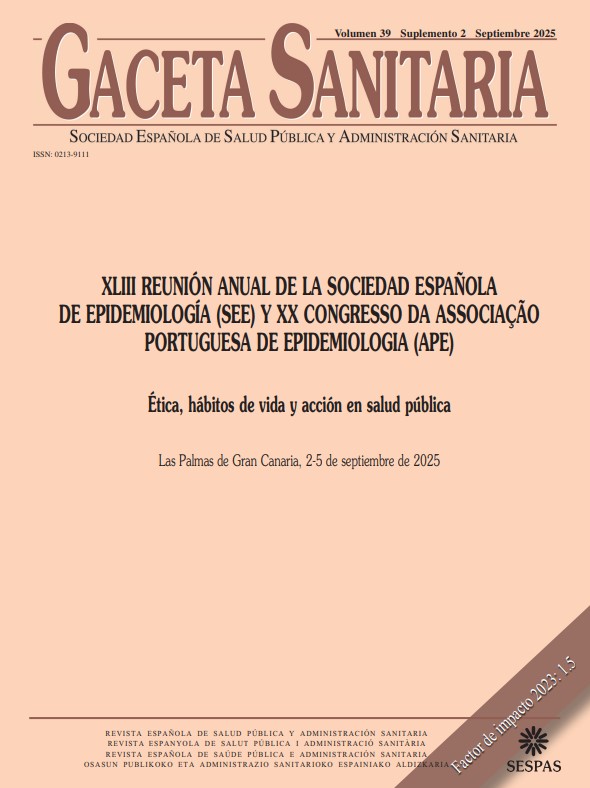388 - PROGNOSTIC FACTORS IN MIDDLE-AGED ADULTS FOR PREDICTING SUBSEQUENT FRAILTY: A SYSTEMATIC LITERATURE REVIEW PROTOCOL
NDORMS, University of Oxford; Faculty of Health and Life Sciences, University of Exeter; Cambridge Public Health, University of Cambridge.
Background/Objectives: Frailty is a health state of vulnerability to external stressors, which reduces resilience and the ability to deal with stress, illness, or injury in older people. Frailty is associated with a greater risk of adverse health outcomes including falls, disability, hospitalisations, and institutionalisation. Factors influencing future frailty in middle-aged adults may differ from those in older adults. Consolidated evidence on prognostic factors in middle-aged adults contributing to frailty development is needed to assist policymakers and healthcare planners in designing effective preventive programmes to prevent frailty in later life. The objective of this review is to identify, describe and synthesise available evidence of midlife prognostic factors contributing to frailty onset in later life.
Methods: Longitudinal cohort studies set in the community, and investigating prognostic factors for frailty development in middle-aged adults will be included. Electronic searches will be conducted in Medline, EMBASE, PsycINFO, CINAHL, The Web of Science Core Collection, and The HTA Database with no language restrictions. The outcome is incidence of frailty assessed using the frailty phenotype or the electronic frailty index, with a minimum follow-up of five years. Two reviewers will independently evaluate the eligibility of studies, extract data, assess risk of bias and quality of evidence. Selected studies will be critically appraised using the Quality in Prognosis Studies (QUIPS) tool. The quality of cumulative evidence will be evaluated and synthesised using an adapted version of the Grading of Recommendations Assessment, Development, and Evaluation (GRADE) framework.
Results: The protocol was registered in PROSPERO (CRD4202563112). On 22nd of January 2025, a total of 14,677 references were identified by searching all databases. After removing duplicates, 9,183 references remained. Following the screening of 6,617 titles and abstracts, 221 were selected for full-text review. To date, nine full-text studies have been assessed for eligibility. Of these, two met the inclusion criteria and have been included in the systematic review. The full-text screening is ongoing, and data extraction is expected to begin in May 2025. The study is expected to be completed in Summer 2025, coinciding with the 2025 Spanish Society of Epidemiology annual scientific meeting.
Conclusions/Recommendations: This systematic review will provide better understanding of midlife prognostic factors for the development of frailty later in life.
Funding: National Institute for Health and Care Research (NIHR). Award Reference Number: 303693.
Disclosures: MTSS, RS, GC, JB, MPM, GSC, SEL and LL have no conflict of interest related to this systematic review. DPA's research group from the University of Oxford has received research grants from the European Medicines Agency, from the Innovative Medicines Initiative, from Gilead Science, and from UCB Biopharma.















